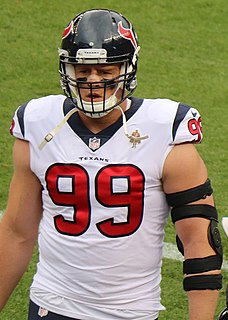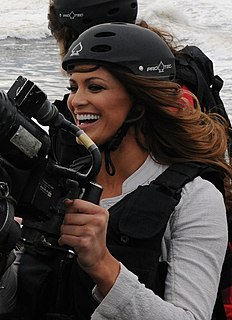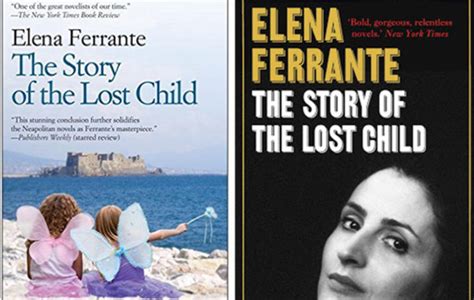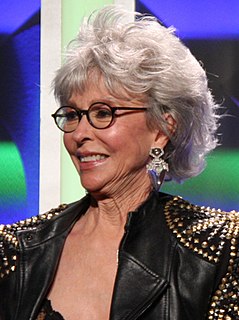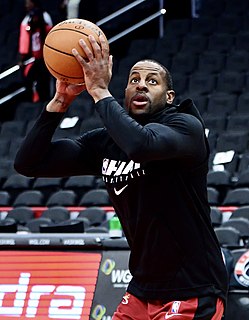A Quote by Caroline Leavitt
All writers know how important a good title is. It's the first thing readers see, along with a knock-your-socks-off cover - a seductive 'come hither' for the story within.
Related Quotes
I could Google image search 'the sky' and I would probably see beautiful images to knock my socks off. But I can't Google, you know, 'What does my friend look like today?' For you to be able to take a picture of yourself that you feel good enough about to share with the world - I think that's a great thing.
The one thing I know is, if I play good ball, things have tended to come along with it. Everything that I've ever done in my career has come off of playing good football. And so I realize I need to go out there, and I need to take care of my business; then everything else - all these cool, great things - come along with it.
The biggest threat to your creativity is the fear that it's already been done, said, created. (So why bother?)
Say it, do it, make it anyway - but tell YOUR story along the way.
The story of how you came to know what you know.
The story of what you want to know more of.
The story of why you do what you do.
The story of how you came to care.
And that's how you create what's never been created before.
I'm a visual thinker, so I think of everything visually, first. A lot of what an issue will become for me starts with me thinking, "What's a great cover?," or "What's the splash image?," or "What is the title of the issue? How do I see the text?" I think about all of that stuff, and then the story comes out of that imagery.
In old interviews I was still worried about being judged. I think my life was about how can I keep myself in control. How can I just get through this and be okay? And, you know, you turn the corner. You realize that you're not imprisoned by your life or your circumstances or your genetics or anything. I really believe that we all have the ability to come out of our story. But you have to tell your story first in order to come out of it.
That's the most important thing, to get along with people. When you feel like you click with them. That's more important even then what their background is or what they've done before, how good they are, how new they are or whatever. All that stuff is really secondary to just getting along with the person.



